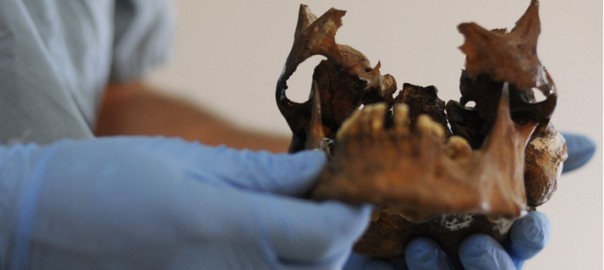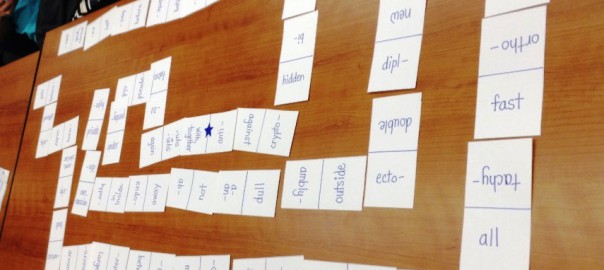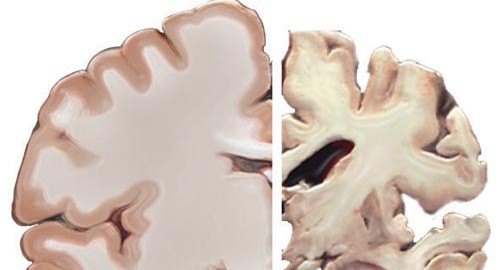Amber Craven was recently awarded a $2000 scholarship from the Rotary Club of Pinellas Park. This scholarship provides financial assistance to a degree-seeking full-time student who resides in the Pinellas Park Rotary Club area. The funds will be distributed in equal installments for the first four semesters ($500 per semester) that Amber attends as a full-time student.
Amber has already earned her Associate of Arts degree as well as an Associate of Science degree in Health Information Technology from St. Petersburg College. She is now enrolled full-time at SPC in the Bachelor of Applied Science in Health Services Administration (BAS-HSA) program. Amber currently works at Johns Hopkins All Children’s hospital in their call center. She is a wife and mother of two small children. Amber’s short-term goal is to earn her BAS-HSA degree as well as designation as a Certified Coding Specialist. Her long-term goal is to use her educational degrees and certificates from St. Petersburg College to obtain a management position in a local hospital.
Amber’s personal mantra can serve as an inspiration to all students: “I have perseverance and drive to become successful……obstacles can only hold you back if you let them. The most important thing to do is to find a goal or dream and don’t let go until you reach it.”





